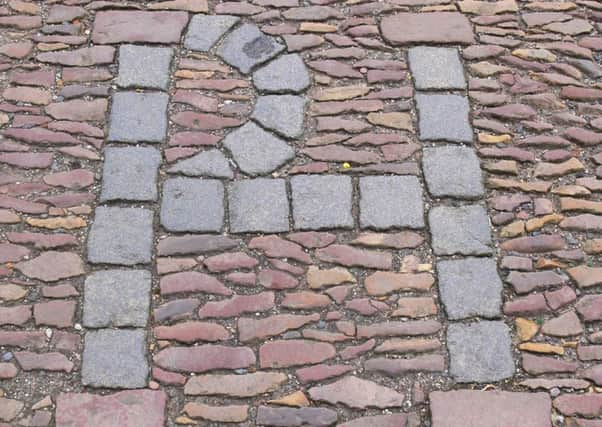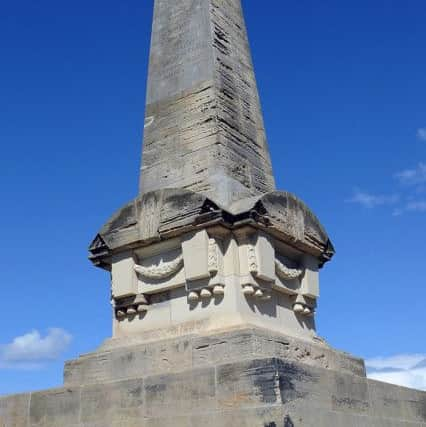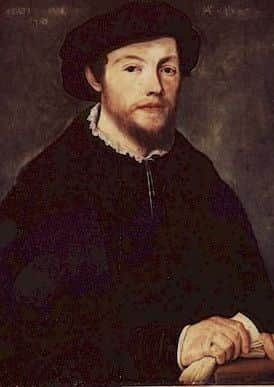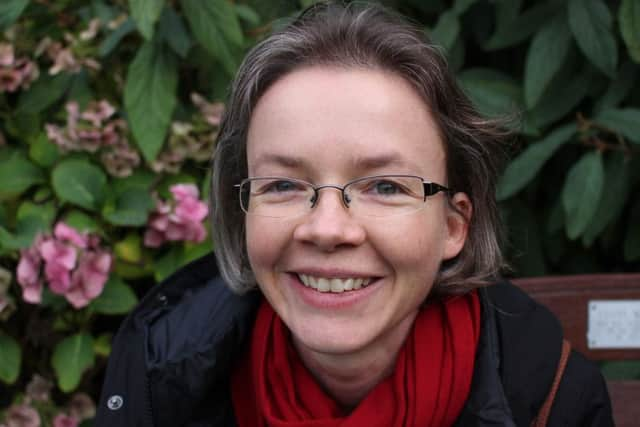Reformation 500th Anniversary programme revealed for St Andrews


A wave of objection to the running of the Roman Catholic church began in Germany in 1517, then setting in train a series of events that led to the permanent splintering of Christendom.
And 500 years later St Andrews has been named as one of the European Cities of Reformation, so named by the Community of Protestant Churches in Europe.
Advertisement
Hide AdAdvertisement
Hide AdThe sought after title is the first of its kind outside mainland Europe, where 49 other countries spread throughout Europe, share the title.


In 1559, John Knox, educated at St Andrews and regarded as the leader of the Scottish Reformation, alledgedly preached a fiery sermon in Holy Trinity Church which reputedly sparked off a riot amongst the congregation. For certain, he took part in the Protestant revolt against the Catholics in 1547 and started to publicly advocate the Reformation in his preaching.
Martyrs’ Monument, on The Scores, commemorates the Protestant reformers who died, and markings on street cobblestones indicate where executions took place. The initials of Patrick Hamilton – who was the first Protestant martyr in 1528, aged 24 – are outside St Salvator’s Quad and George Wishart who was burnt at the stake in 1546 are just outside St Andrews Castle.
Bishop Dr Michael Bünker, general secretary of the Community of Protestant Churches in Europe (CPCE) said: “The Royal Burgh, these days most widely renowned for its tradition-steeped university, is undoubtedly a Reformation town of European stature.
Advertisement
Hide AdAdvertisement
Hide Ad“The University of St Andrews, the Church of Scotland and the town’s local churches have worked together as an ecumenical team to compile an impressive programme to commemorate the 500th anniversary of the Protestant Reformation in 2017, including a series of events to rejuvenate various aspects of the European-wide effect of Martin Luther’s Reformation and the role St Andrews played during the Reformation era.


“We understand that the programme will culminate in an ecumenical service of worship in the Holy Trinity Church on October 31, 2017.
“All in all, this constitutes a marvellous effort to raise the public awareness of the history and contemporary significance of the Reformation in St Andrews in joint celebration of the quincentenary in 2017.”
A spokesman for the Church of Scotland said: “The Reformation 500 Anniversary presents us with an opportunity to acknowledge that the Reformation in Scotland began before the Reformation of Parliament of 1560 and that in this earlier period the thinking was influenced by Martin Luther.
Advertisement
Hide AdAdvertisement
Hide Ad“St Andrews was the centre of this movement in Scotland and we are delighted that churches of all traditions in the town are working together to mark this occasion. It is a strong statement that we are not in the same place as we were then and that it is now possible to look together at a painful part of our shared history.”


Academic staff at the University, headed by Dr Bridget Heal, believe this is a great opportunity to demonstrate their research to the wider community. Dr Neal said: “This is the home of the Scottish Reformation and we have a great opportunity to link with the local community through our programme of events, and also to show the strong connections between the Scottish and broader European Reformation.”
In order to mark the Reformation jubilee, St Andrews University has joined with the ecumenical fraternal, representing the town’s churches, to plan a series of events for October 2017. The highlights include a series of public lectures on Luther and the media, arts and theologies of the Reformation; an exhibition at the university museum; a specially brewed Reformation beer and musical performances.